A woman fighting what she says is a renoviction from her Halifax apartment says she won’t back down – even as she begins to fear for her safety.

Stacey Gomez has lived in her apartment building on Church Street for nearly five years, and now, she’s one of the last tenants remaining.
“I love my home,” Gomez said in a recent interview.
“It would just be a major impact on my life to have to move, and really, to even find another place in the city is very challenging, given the housing crisis that we’re currently in.”
A renoviction is when a landlord evicts a tenant to renovate a unit, then raises the rent price for the next tenant. It’s known as a way for landlords to get around the two per cent rent cap, since the cap does not apply to new tenants.
Nova Scotia used to have a ban on renovictions, but it was lifted in late March along with the province’s COVID-19 state of emergency.
Shortly after the ban lifted, tenants living in Gomez’s building were served with a DR5 form, a voluntary agreement between a landlord and a tenant to end a lease due to renovations, saying repairs were needed to fix high radon levels in the building.
“They stated that they needed to do renovations and they said that they had a permit in place, however, when you look at the permit, it’s really just for minor changes,” said Gomez.
According to the building permit for Gomez’s apartment building, which was issued on Jan. 13, the work involves flooring, trim, baseboard, paint, fixtures and siding.
“No changes to location of fixtures. No structural changes. No drywall demolition or major demolition,” it said. “No siding demolition, new siding will go over existing.”
Gomez refused to sign the DR5, and she says that’s when things got “ugly” between her and her landlord, Marcus Ranjbar.
“The situation has escalated significantly,” she said.
Renovations began at the end of May, and around that time, Gomez was served with a Form J, an application for termination of tenancy. The stated reason was that Gomez had refused to sign the DR5 and there were permits in place to complete renovations.
Gomez is appealing and has filed a counter claim of her own for repairs and other issues. A residential tenancy hearing is scheduled for Aug. 31.
But she said efforts to remove her have ramped up — especially after she did a CBC interview earlier in the summer — and she feels like Ranjbar is trying to intimidate her.
Two weeks ago, the front stairs to the building were removed, impacting her ability to get her mail.
Workers have also demolished her deck and destroyed her garden, she said, and put up scaffolding, which has made it difficult to access her home from the back.
Gomez is frustrated that she no longer feels comfortable in her home, even though she says she continues to pay her monthly rent.

Get breaking National news
“These are changes that have been very jarring,” said Gomez. “We’re living in very hot weather right now, so it’s been hard to not be able to use my outdoor space as I normally would be, and even getting in and out of my home has been a challenge.”
‘Threatened in my own home’
Recently, a notice signed by Ranjbar was posted to her entrance.
The notice, dated Aug. 18, read in part: “Stacey Gomez ASSUMES FULL RESPONSIBILITY FOR, AND RISK OF, INJURY TO HIS/HER PERSON OR HIS DEATH or damage to his/her property, whether caused by the negligence of the landlord or otherwise, occurring during or as a result of the Stacey Gomez’s presence at (the apartment.)”
Gomez finds the language about potential injury or death to herself concerning.
“The note that was posted on my entry doors was not necessary, and really has left me feeling intimidated and threatened in my own home, simply for exercising my rights as a tenant,” she said.
On Aug. 20, Gomez said she saw a worker post a note reading “Stay the f— out” to the entrance she uses to access her unit, which left her feeling threatened.
Shortly after Gomez uploaded a YouTube video detailing her situation, she received a threatening text from a number not known to her.
The text, a screenshot of which was shared with Global News, called her a misogynist slur, insulted her appearance and said she does “not understand who you are f—ing with” and there is a “sh—storm” coming her way.
“I feel many things right now.… I feel concerned for my safety,” she said.
“This is very alarming, that someone would contact me on my personal cellphone to send threats to me.”
Landlord responds
Ranjbar declined to do an interview with Global News, but answered some questions in an email.
He denied leaving the note to “stay the f— out” on Gomez’s entrance, saying it would be “counterintuitive to our upcoming strong case at tenancies next week.”
Ranjbar also said he didn’t send the obscene text to Gomez, nor did anyone in his organization.
“We have absolutely no idea who or why she was sent that,” he wrote.
He also said he gave Gomez five days’ notice before demolishing her deck, and asked her to stay out of the backyard due to ongoing construction.
A screenshot of the email, which he sent to Global News, said there would be construction on the deck for the next several weeks as it is “structurally unstable,” but did not say it would be demolished entirely.
Ranjbar also said the stairs to the front entrance of the building were removed due to safety concerns.
“A renovation permit is not restricted to the items listed in the description. As a landlord, if our contractors bring safety concerns to our attention, a landlord’s first call to action would be to immediately remediate the safety concerns to ensure the safety of our tenants,” he said.
“The stair in question is not the tenants’ entrance into her unit, we do not understand how this would be intimidating to the tenant.”
Ranjbar said he offered Gomez compensation to leave the apartment, as is required under the Residential Tenancies Act. He said he negotiated settlements with other tenants to give them up to six months’ rent, full damage deposit, $500 in moving costs and more than three months to move out.
“Stacey Gomez is uninterested in any offers we made to her for unknown reasons,” he said.
“The health and safety of our tenants are important to us, we have received an environmental report that has identified safety issues within the unit and we are doing everything we can to remediate the issues at hand.”
Ranjbar did not want to publicly name the company that did the environmental report, saying he could face legal repercussions since it was made specifically for the residential tenancies hearing.
Gomez said she wasn’t aware of the safety issues in her apartment, and questioned whether a photo he provided showing mould on a floor was actually from her unit.
She noted that mould was not brought up as an issue in the Form J the landlord submitted in June.
“The story continues to change as to why they want me to leave, and I think they’re just excuses to try to make me leave,” she said.
No renoviction ban
In an interview, Tammy Wohler, the managing lawyer of the social justice office for Nova Scotia Legal Aid, said renovictions were a huge problem pre-pandemic.
“Landlords were evicting tenants on little to no notice, entire buildings were being renovicted with little to no notice,” she said in an interview.
Although the ban is no longer, there are new amendments to the Residential Tenancies Act to create more regulations around renovicting.
Renovictions and attempted renovictions were still happening during the ban, Wohler said, but they began to see more once it was lifted.
“It’s a problem that we’re seeing a lot of landlords trying to take matters into their own hands,” she said. “I can’t imagine what (Gomez is) going through on a daily basis.… It must be extremely stressful for her.”
Wohler said landlords who want to renovict a tenant should first try to reach an agreement through a DR5 – which she stressed is completely voluntary, and not an automatic notice of eviction.
If an agreement can’t be reached, it’s up to the landlord to prove that the renovations are so substantial that the apartment must be vacant in order for them to be completed.
Wohler said it’s important for tenants to know that they have rights, and when in doubt they should always seek out independent information and legal advice, rather than rely on what their landlord is telling them.
“Even the most well-meaning landlord might misunderstand their rights and obligations, and the rights and obligations of the tenants,” she said.
She said tenants should ensure they read and understand all documents before signing them, and if their landlord is trying to renovict them, they should ask to get more information about the repairs and a copy of the building permit.
Wohler noted more information about residential tenancies is available online through the Nova Scotia Legal Aid website.
24 hearings since ban lifted
On Wednesday, Minister of Service Nova Scotia and Internal Services Colton LeBlanc, who is responsible for housing and the Residential Tenancies Act, said under the new legislation, minor renovations don’t warrant a tenant being renovicted.
“We’re not talking about tile replacement in the bathroom vanity, it’s significant renovations that are deemed, and adjudicated to be required for the safety of that dwelling,” said LeBlanc.
He said there have been 24 hearings heard by the residential tenancy board since the renoviction ban was lifted in March, and increased protections are being considered.
“The concept of a compliance and enforcement division has come to the forefront and is something that within my department we’re actively looking into,” he said.
Meanwhile, Gomez said despite the ordeal with her apartment, she has received a lot of support from the community since going public with her story.
“We’re seeing landlords who are taking actions that should not be taken, and it’s important that we know our rights, to be able to seek recourse around what’s happening,” she said.
Gomez said she believes this is an “important case” around the issue of renovictions.
“I’m definitely just thinking about what’s going to happen at my hearing, and how this might be seen by other tenants who may also be in a similar situation,” she said.
“I’m hopeful that it’s going to be a positive outcome, but I’m also not sure what’s going to happen. And I know that right now, there are not enough tenant protections in the province.”




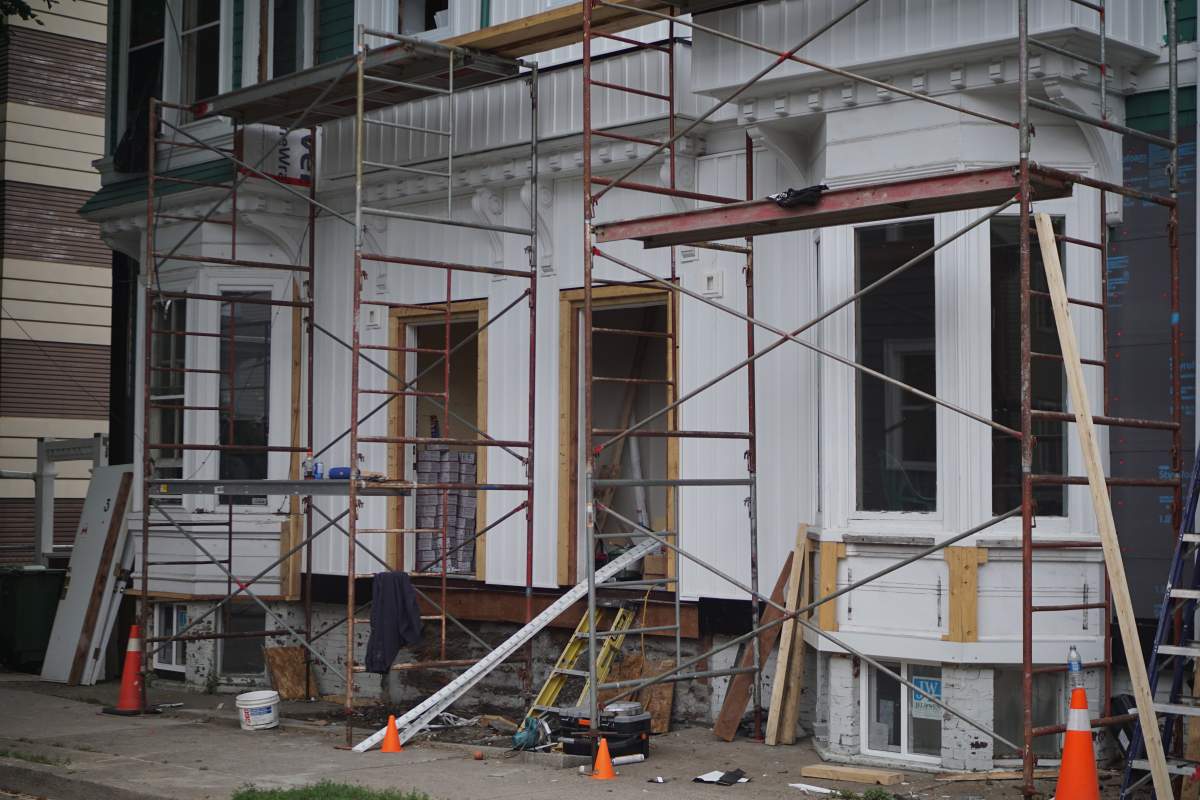
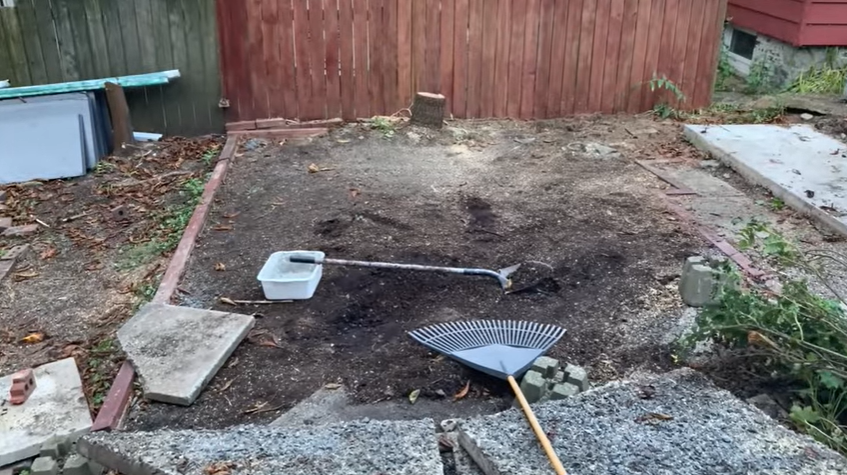
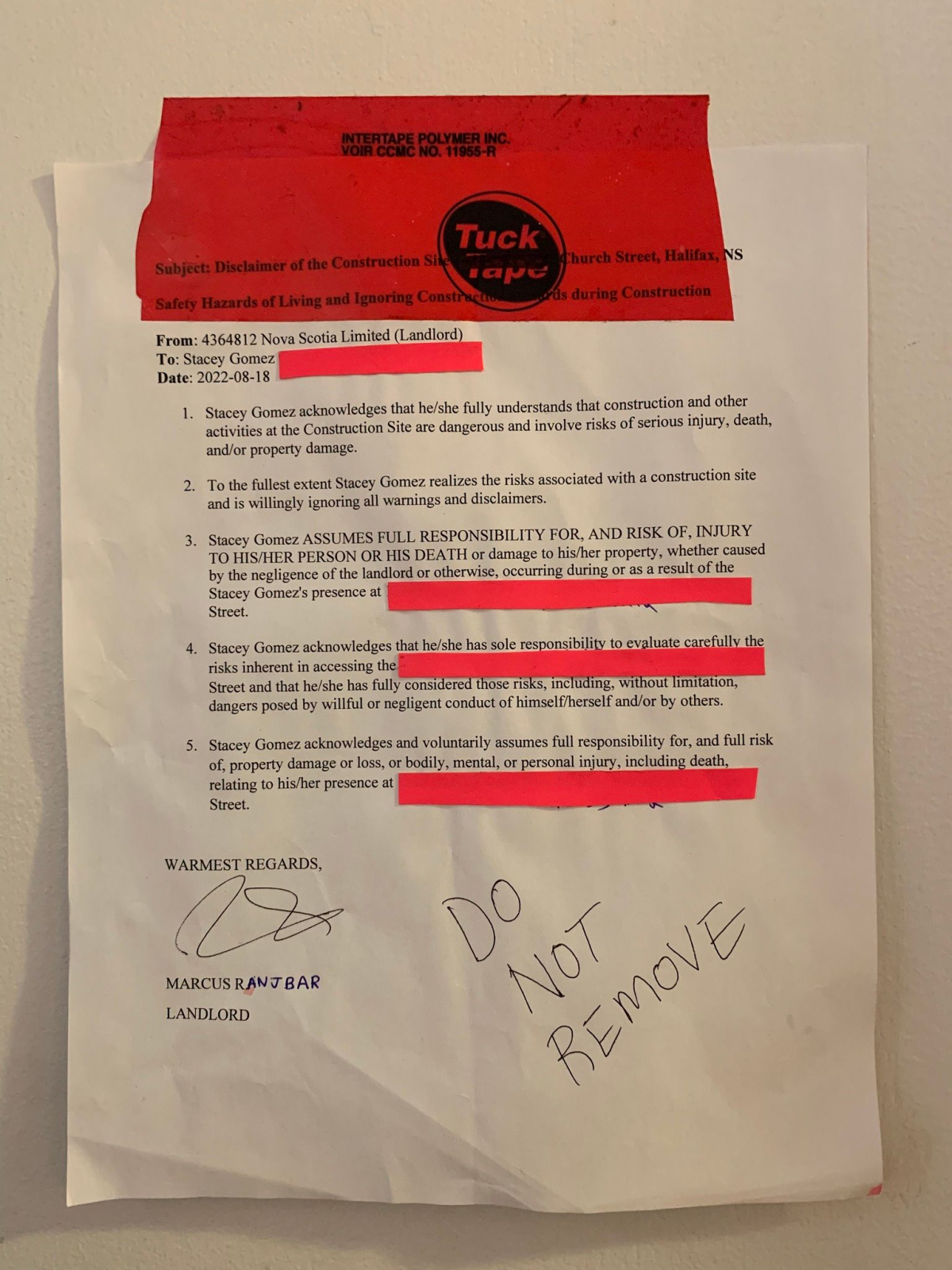





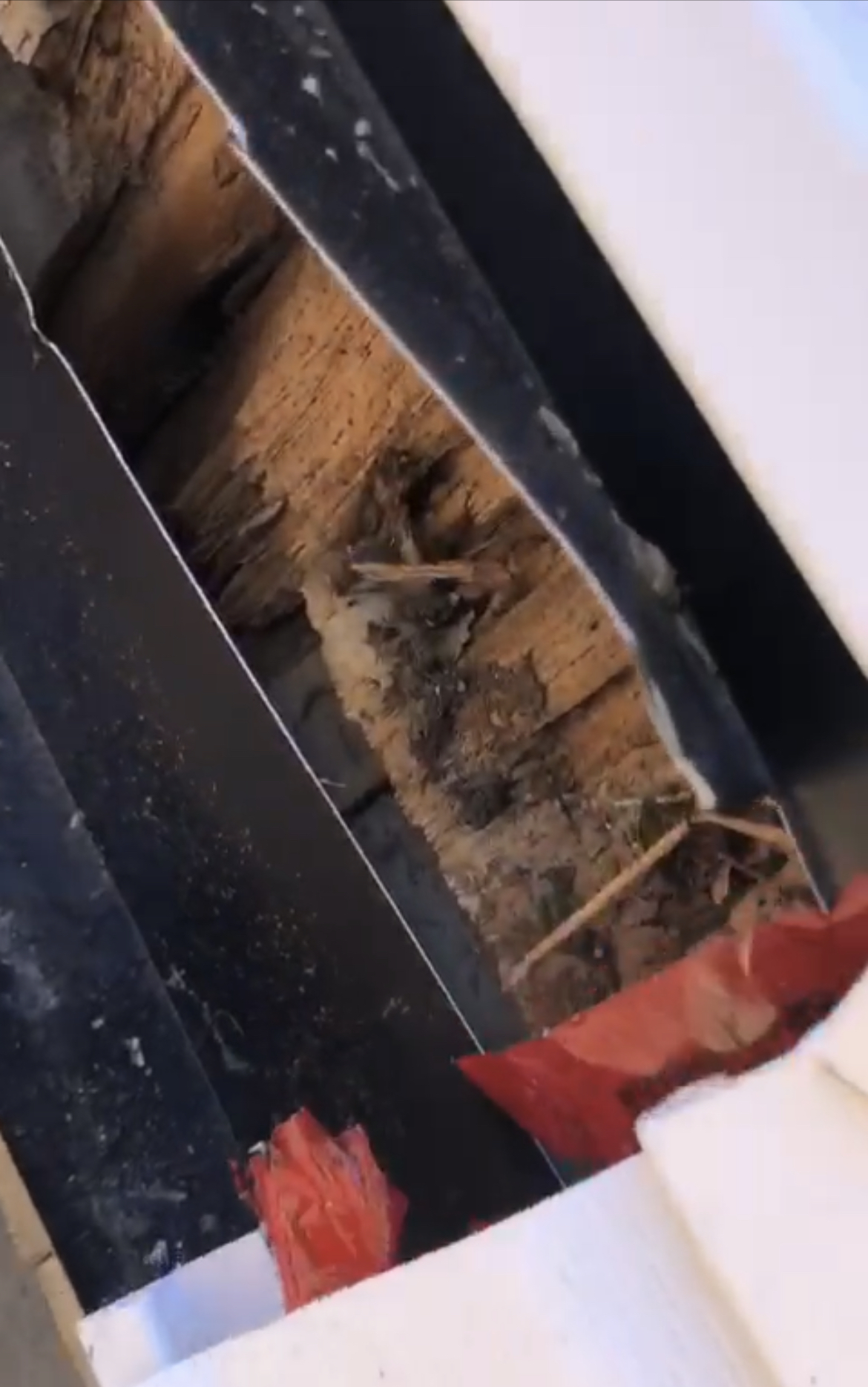


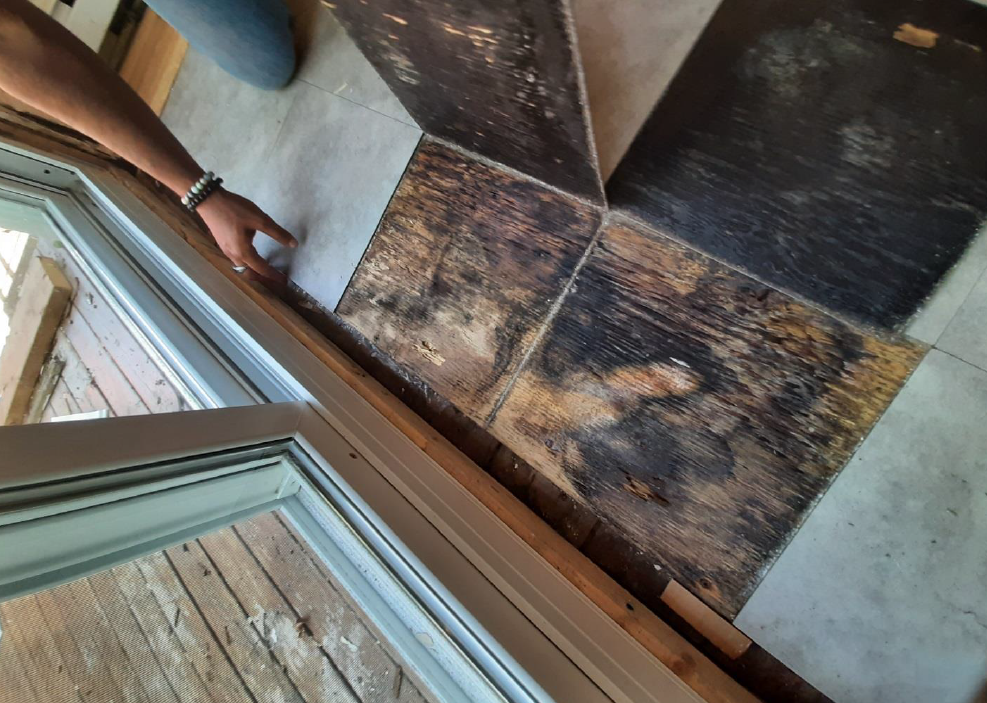

Comments
Want to discuss? Please read our Commenting Policy first.